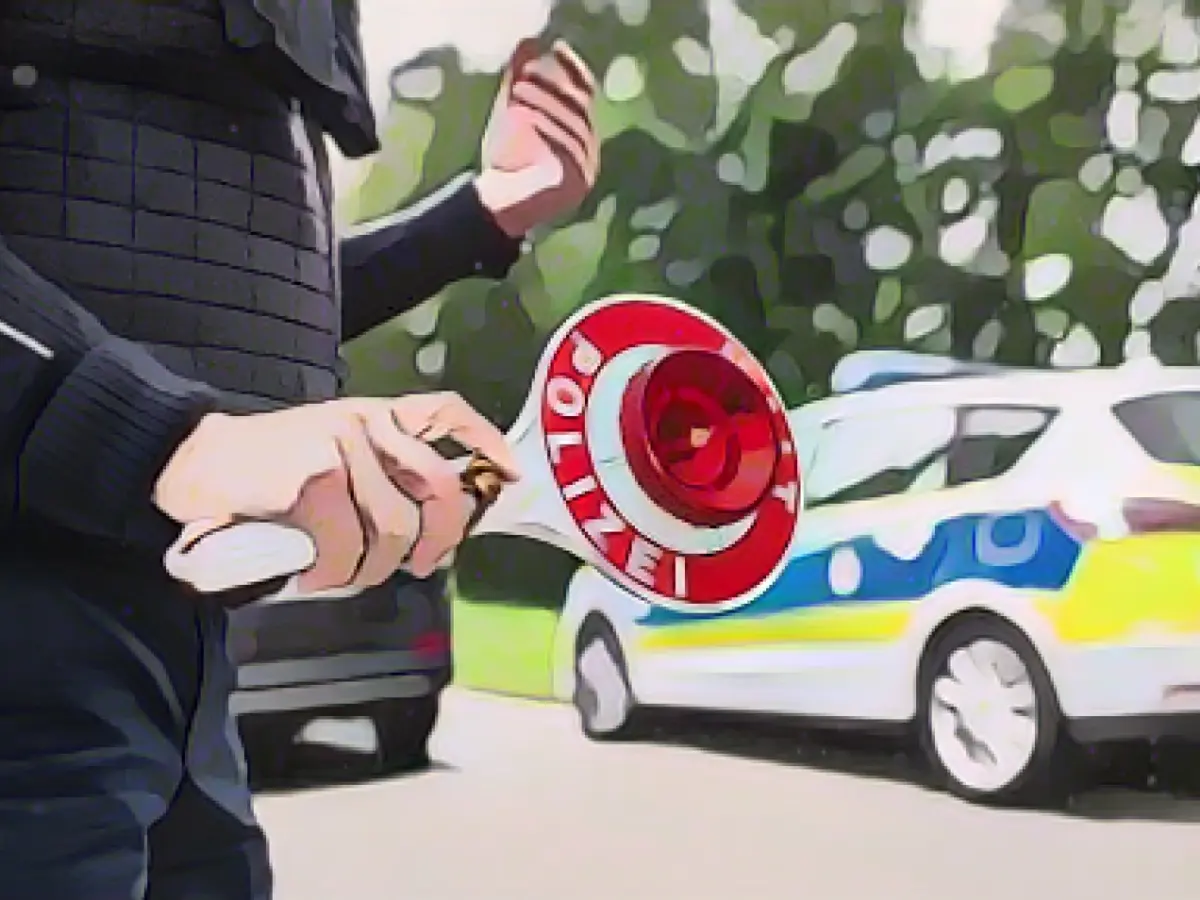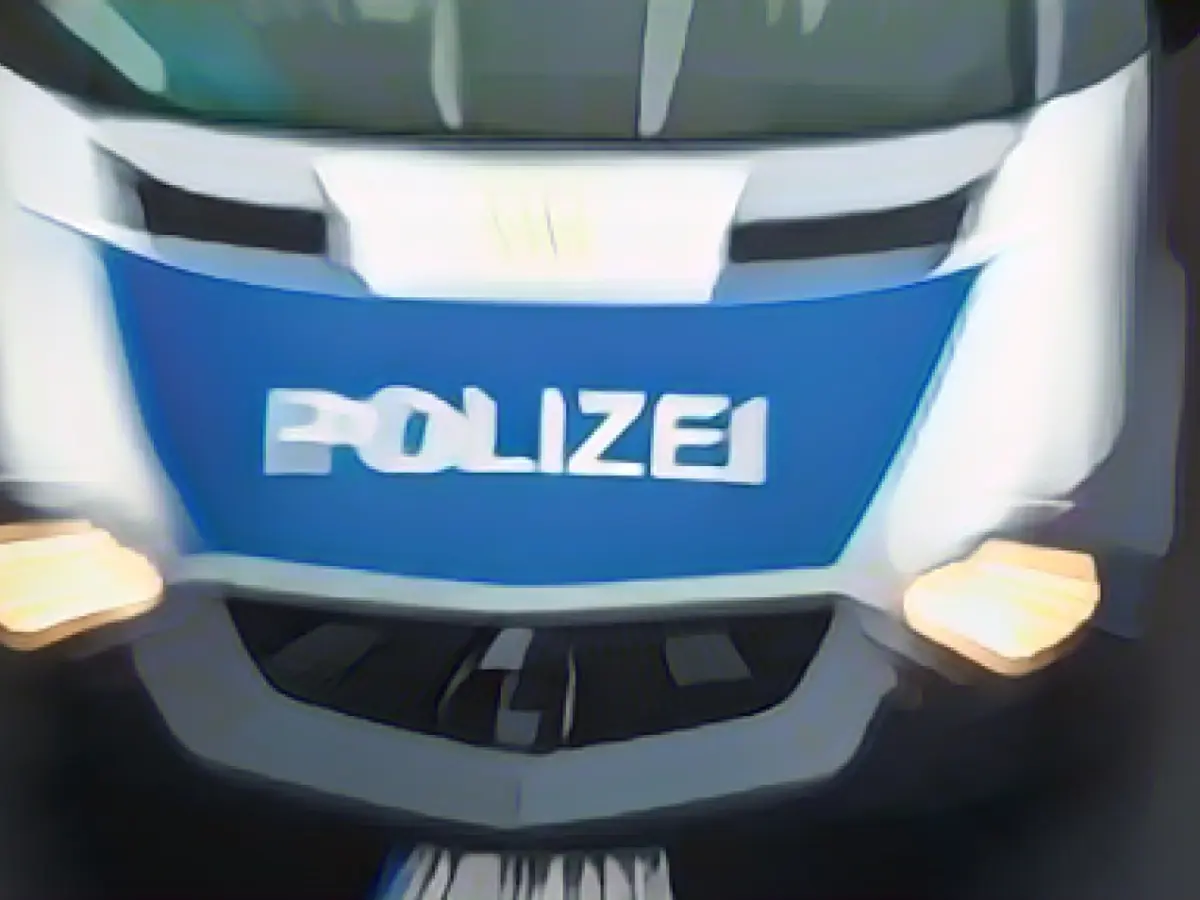Truck Driver Caught in Unna with Deceased Driver's Card
In an intriguing turn of events in Unna, North Rhine-Westphalia, police apprehended a 53-year-old truck driver driving an articulated lorry with a deceased person's driver's card. The driver reportedly used multiple cards to conceal his driving and rest period violations, according to a statement by the authorities on Tuesday.
These electronic driver cards provide exact driving and rest-time details, aiming to prevent drivers from exceeding permitted road hours. The deception came to light during a routine inspection on Friday. The cards presented by the driver included one belonging to an individual who had passed away several months prior and another assigned to his wife. The modus operandi behind the deceased's document acquisition remains under investigation.
The police have initiated criminal proceedings in this case, emphasizing the seriousness of the incident. Lack of accountability in the transportation sector and instances of criminality in traffic continue to stir up headlines in North Rhine-Westphalia.
Insight: The electronic driver cards, introduced in Europe to ensure drivers comply with the Working Time Directive, play a crucial role in maintaining road safety and ensuring drivers do not overwork themselves. Violations of these regulations can have severe consequences, including fatal accidents and fines.
Source:
Additional Insight: Interestingly, electronic driver cards are now increasingly common in various countries, not just Europe. In the United States, the Electronic Logging Device (ELD) mandate requires commercial motor vehicle (CMV) drivers to maintain records of duty status (RODS) electronically. This regulation aims to promote safety and accountability on the roads, identify and prevent hours-of-service (HOS) violations, and improve compliance.
In this context, the Unna incident highlights the importance of upholding regulations in the transportation sector to ensure public safety and accountability. Investigations into such incidents are critical to deter violations and keep drivers accountable for their actions.








